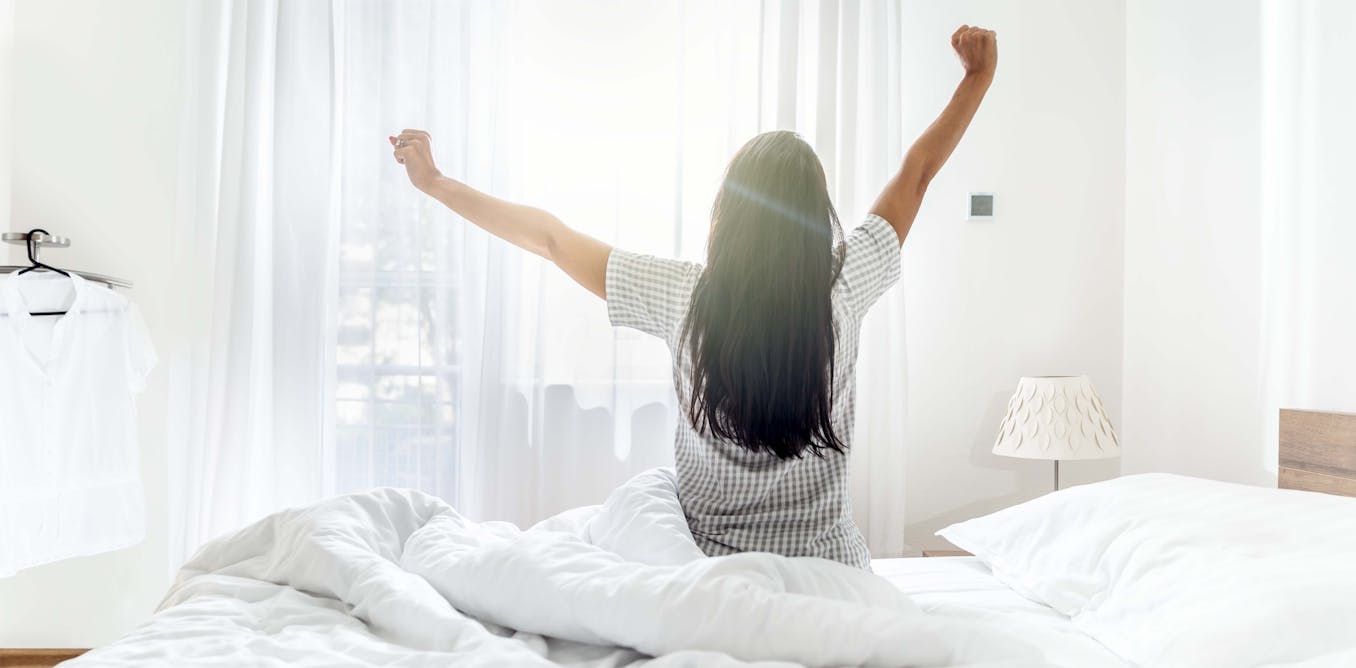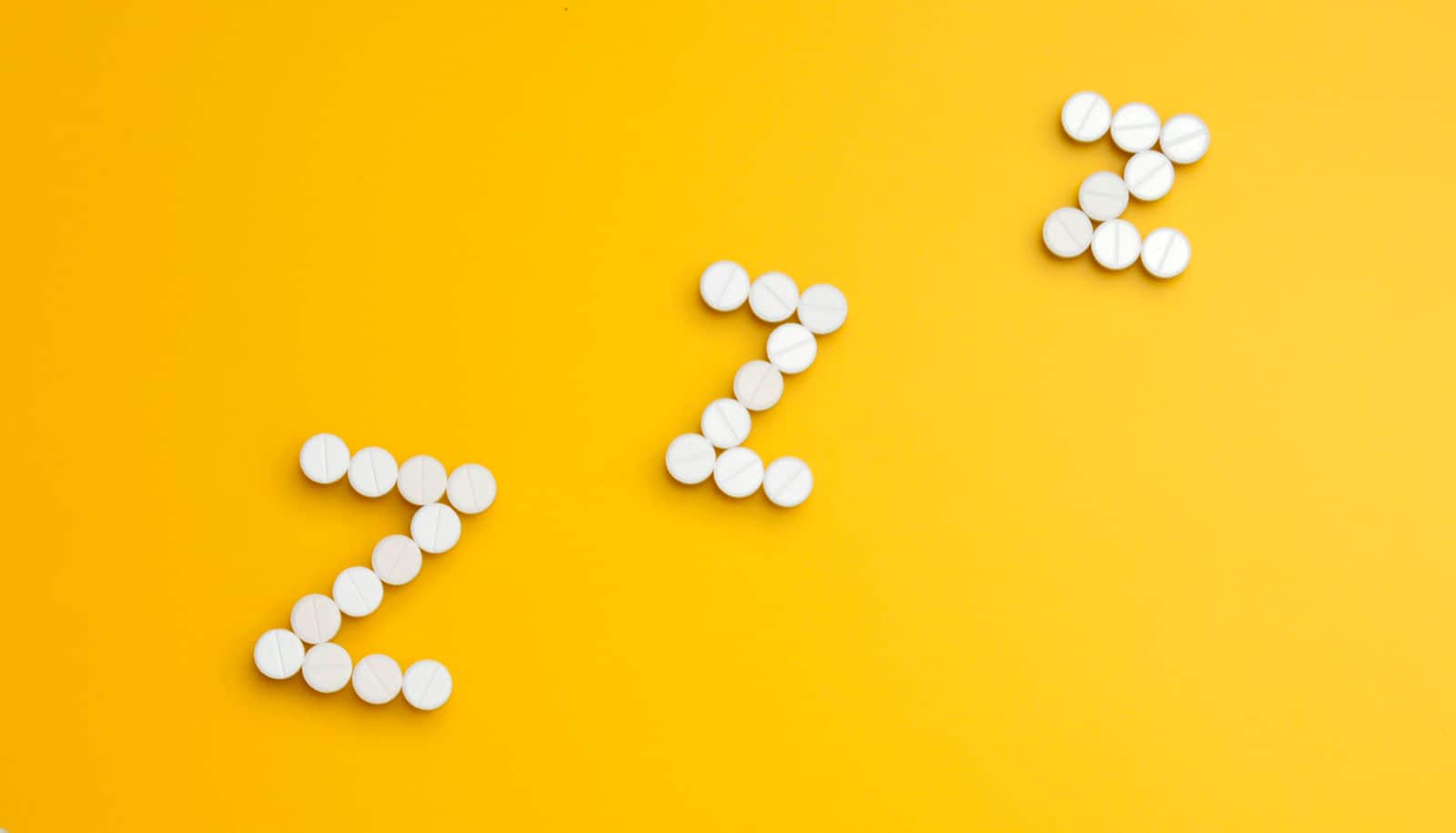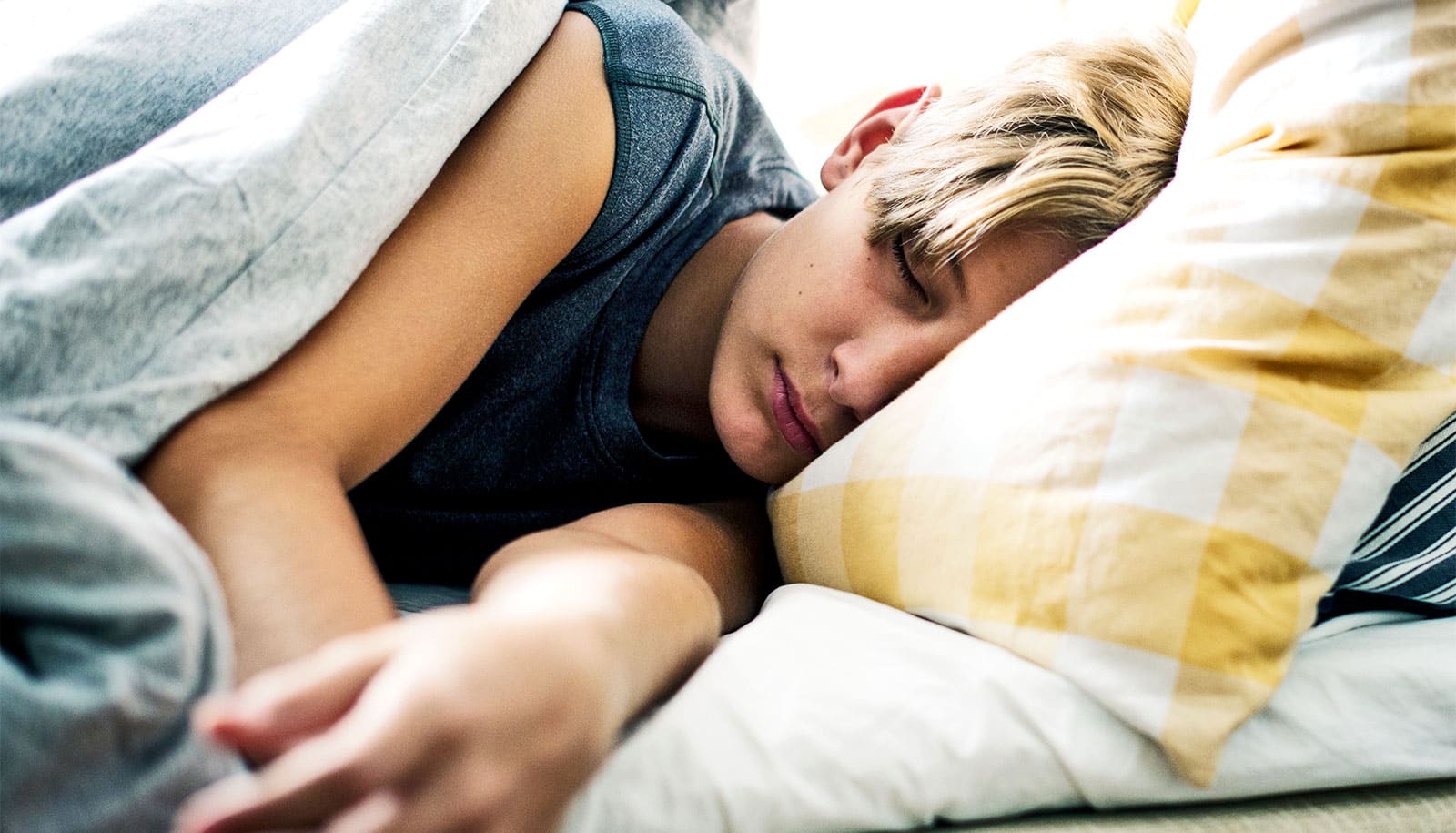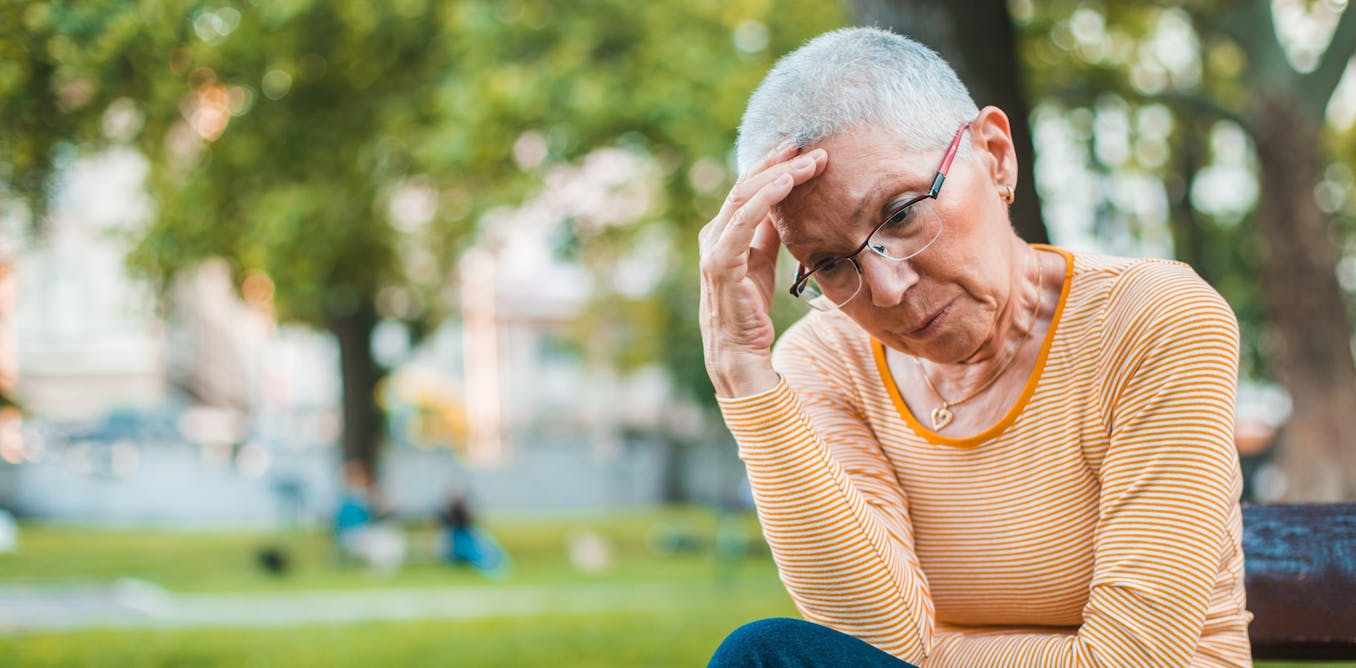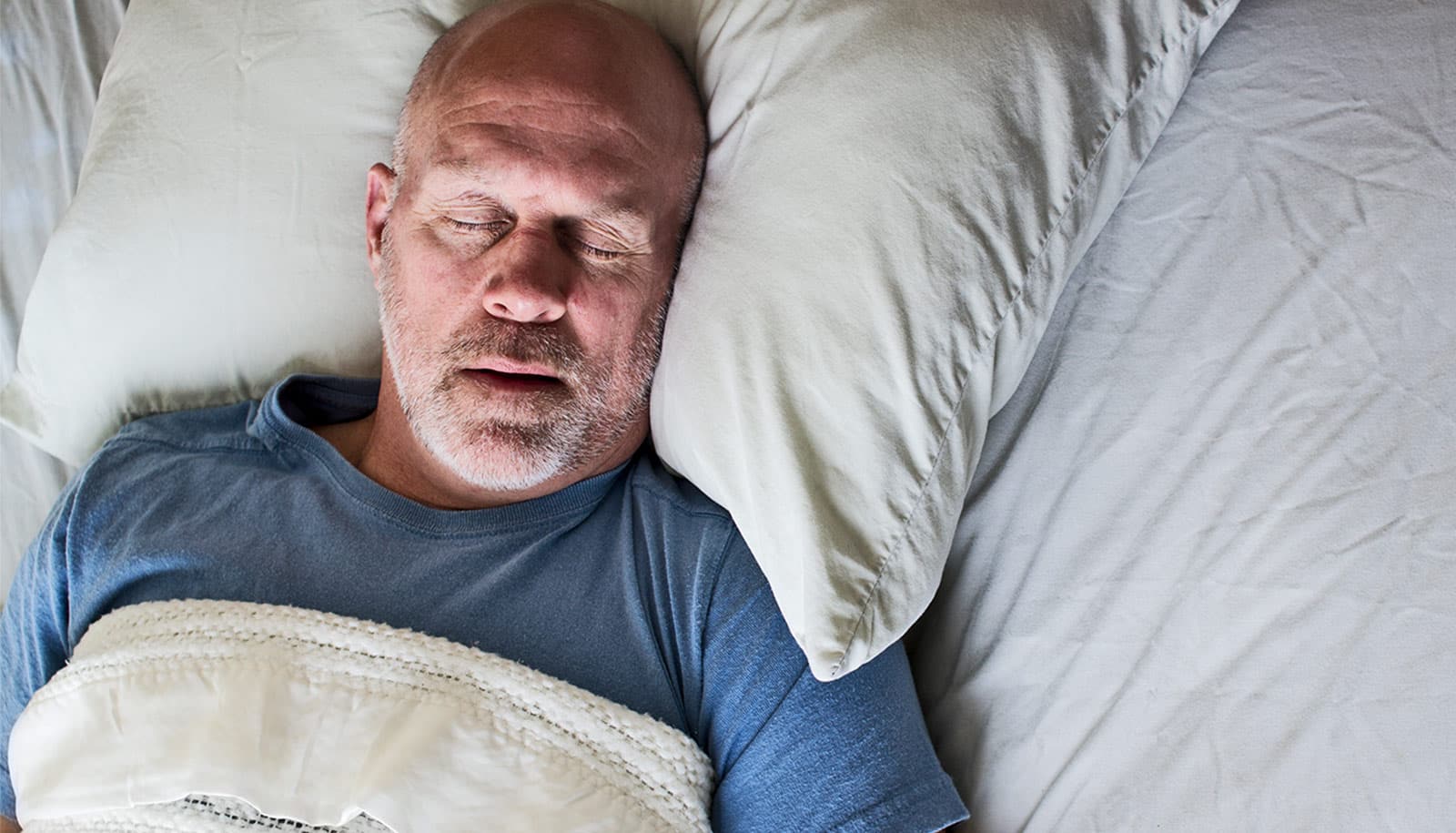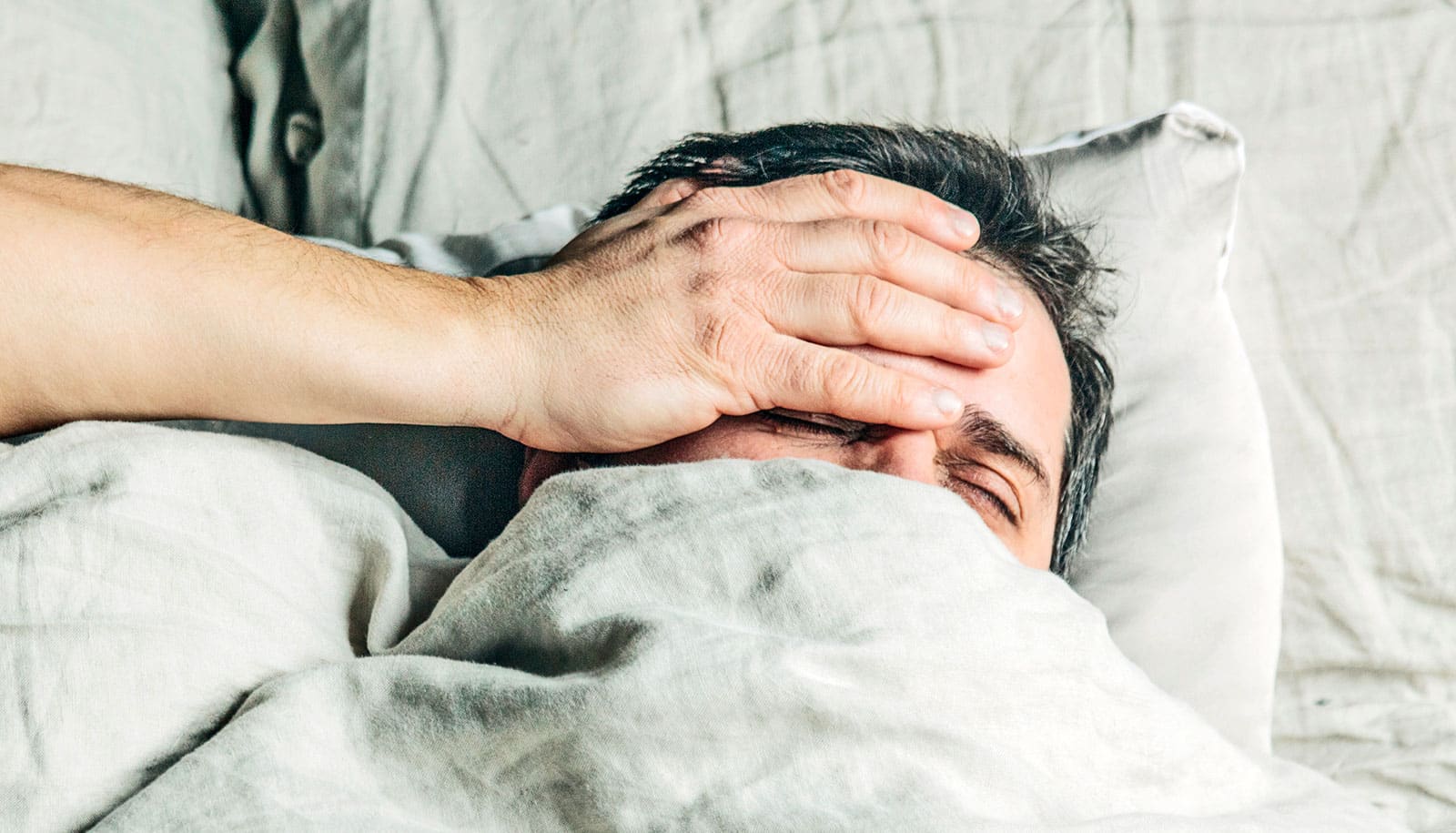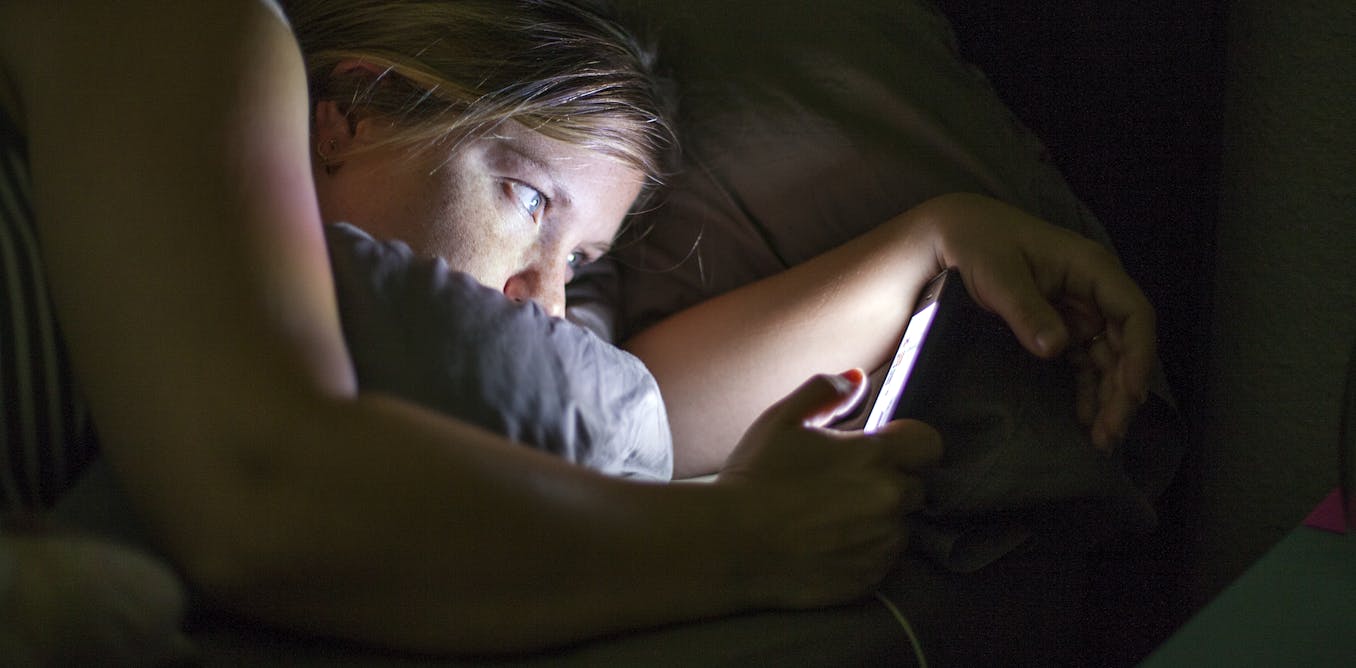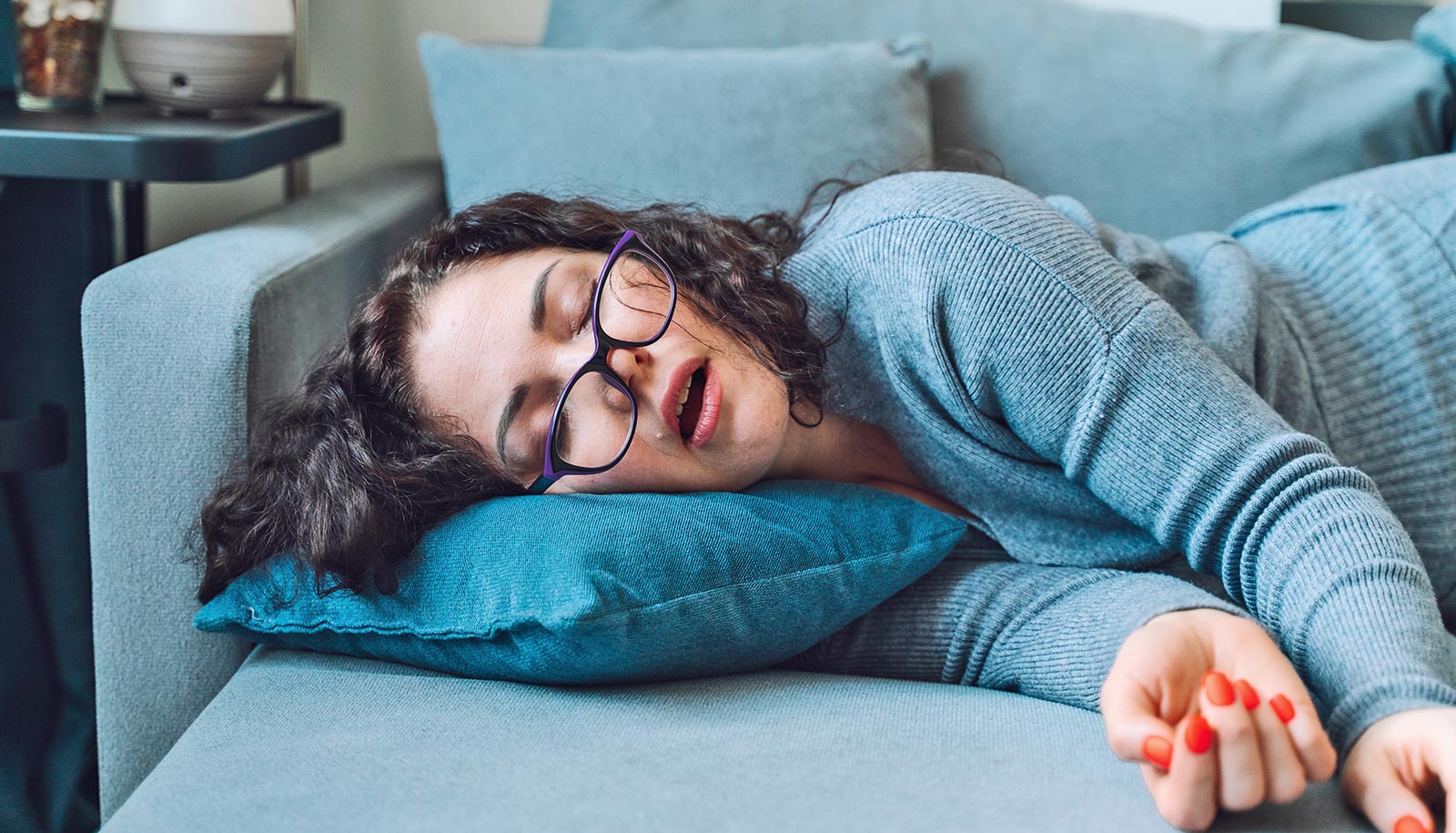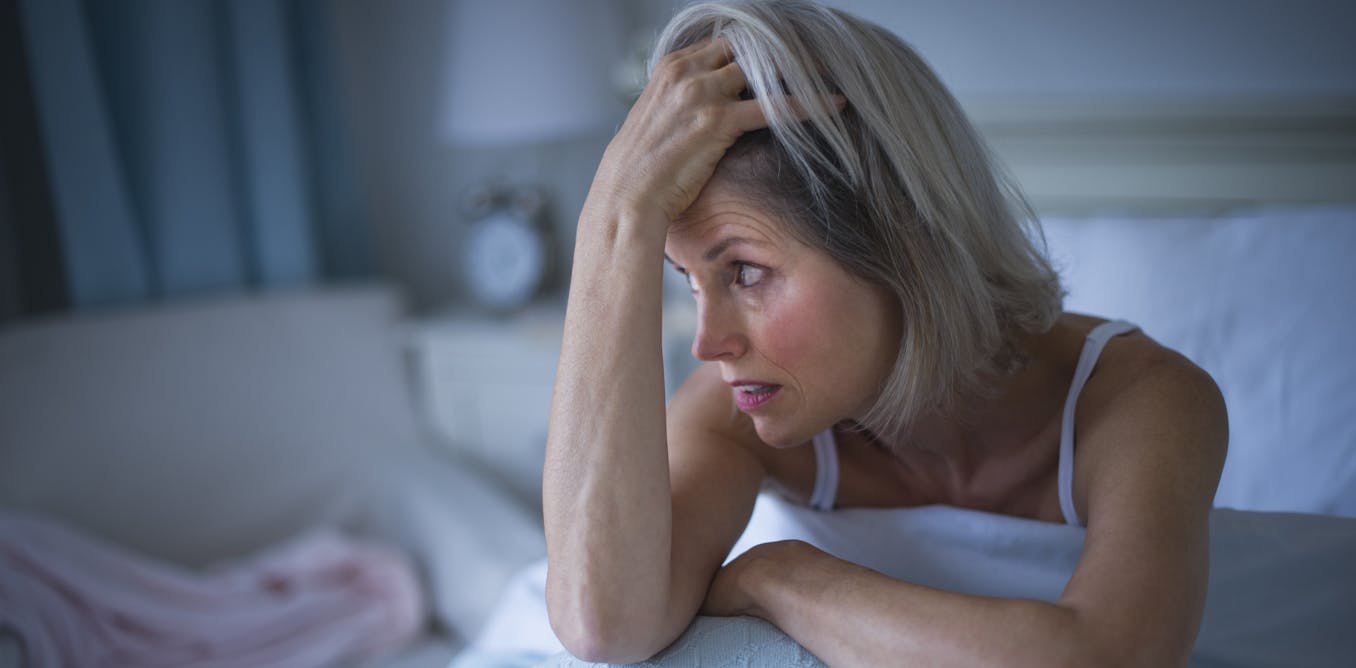Sleep loss rewires the brain for cravings and weight gain – a neurologist explains the science behind the cycle
Even one night of inadequate sleep can shift your hunger into overdrive, setting off a chain reaction in the brain. But one or two nights of solid sleep can help reset metabolism.
June 16, 2025 • ~7 min

